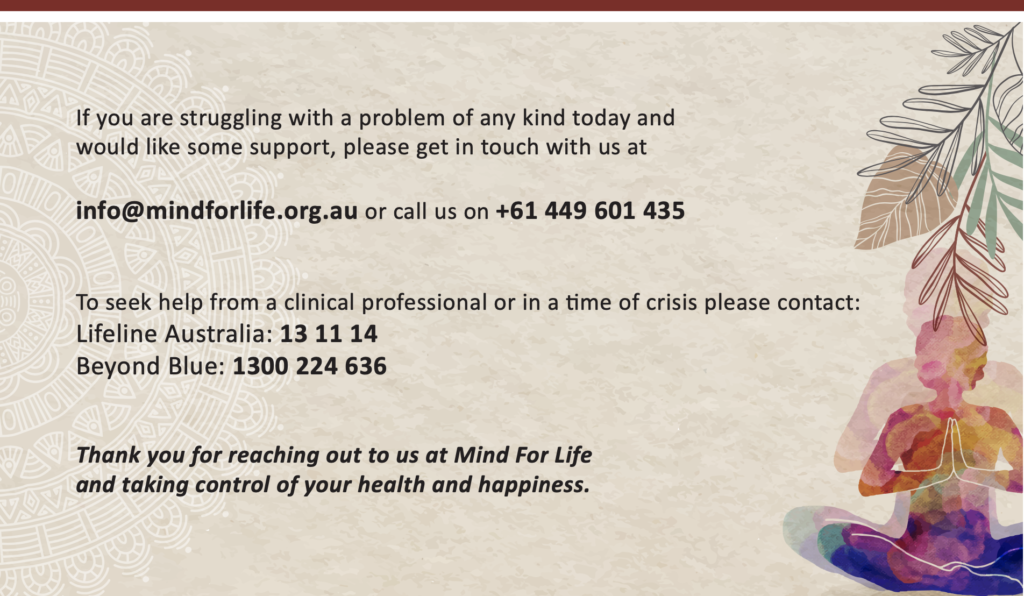By Mariam Al Musawi
Nutritionist
Diets… .sounds interesting huh? How many times have you tried following a strict diet, only to fall into a pattern of restrictive -binge cycle on repeat? How much money have you spent on weight loss supplements that provide absolutely zero health benefits?
Unfortunately, our society continues to endorse toxic diet cultures which may appear legitimate, but never provide long-term solutions.
Research studies show the damage of bad dieting and how it hampers your metabolism and mental health in the long run.
Since childhood, I have fallen victim to almost every possible diet you could think of. It lead me to a troubled relationship with food & heavily impacted my self-esteem due to poor body image.
Following adulthood, I decided to change my life around by researching more about nutrition and the truth behind toxic diet culture.
Eventually, that knowledge helped me to enjoy all food groups. I was still being mindful of my eating habits.
It was probably the best decision I have ever made.
The following points will discuss why most diets are well, frankly, a bunch of nonsense.

Diets slow down your metabolism
Metabolism is the process through which food is converted into energy to help sustain bodily functions.
The calories that our body burns during the resting phase are called ‘Basal Metabolic Rate (BMR)’. Yes, you can burn calories even while sleeping or watching TV. BMR can increase or decrease depending on our body size and the amount of body fat we have.
Weight gain typically occurs through metabolic imbalance where food intake exceeds energy expenditure from metabolic functions, resulting in excess energy being stored as fat.
The strict dietary regimes that you follow for weight loss, most of them remain ineffective. When you are on a restrictive diet that tells you to consume very few calories per day, you will begin to starve.
This causes the metabolism to slow down by burning only fewer calories so that if you were to leave that diet and resume your normal eating, the body is tricked into defense mode by regaining the same weight back. Therefore, many people struggle to keep fat off the long term as this will cause a decline in their metabolism.
To clarify, one of the main ways to lose weight is to be within a caloric deficit.
However, it doesn’t have to be a major deficit; depending on your goals and needs, a 1500-1600 caloric diet may not be enough.
Eating enough and fueling your body with the right amount of nutrition will optimize fat loss over time.
Diets can cause unhealthy eating patterns and possibly eating disorders
Restrictive dieting has potentially led to eating disorders such as anorexia, bulimia, and binge eating disorder. Moreover, by following such diets you feel deprived of enjoying the foods that you love, which will most likely backfire. This is because when we restrict ourselves from something we crave, our minds are tricked into the all-or-nothing mentality.
When you end up eating that ‘forbidden’ food, you feel guilty and tempted to eat the whole box of cookies, feeling like a failure. Believe me when I say that this cycle is continuous. It is one of the main reasons why people can’t continue these fad diets. Although it may help you lose weight in the short term, restrictive diets are hard to stick to, which means that they won’t provide a permanent solution in long term.
Overall, just enjoy that one cookie guilt-free and without shame.
Lack of nutritional requirements
Most restrictive diets often cut out certain foods or macronutrients, even an entire food group. This will result in a higher risk of nutrient deficiencies. Not only will it slow down your metabolism, but even cause loss of muscle mass.
Study shows that if you are on a very low-carb diet, you may not be consuming enough fiber or other important vitamins and minerals.
This can lead to side effects such as constipation and muscle cramps.
It can also cause other physical and health problems, including fatigue, dizziness, rapid weight loss, muscle weakness, difficulty focusing, and, in some cases, irregular periods.
Cutting out foods or food groups, which can significantly reduce caloric intake makes it much harder to get the nutrients your body requires.
Get your online consultation from our best practitioners for all your nutrient needs according to your body type.
The Solution?
Go slow.
Weight loss requires both time and consistency. You don’t have to be in a major caloric deficit to achieve results, nor do you have to perform strenuous exercise.
Everyone’s body responds differently as to where they lose fat and how long it takes to see results. Losing weight at a slower rate will give you the time to adjust and develop healthy habits for the long term.
Focus on increasing your metabolism by incorporating protein into your diet. Include nutrient-dense foods that will keep you fuller for longer and prevent you from overeating or binge eating.
Weight loss should not be associated with having an ideal body type, as we all genetically have different figures.
Focusing more on being in good shape, health and mind will provide better motivation to reach your goals.





